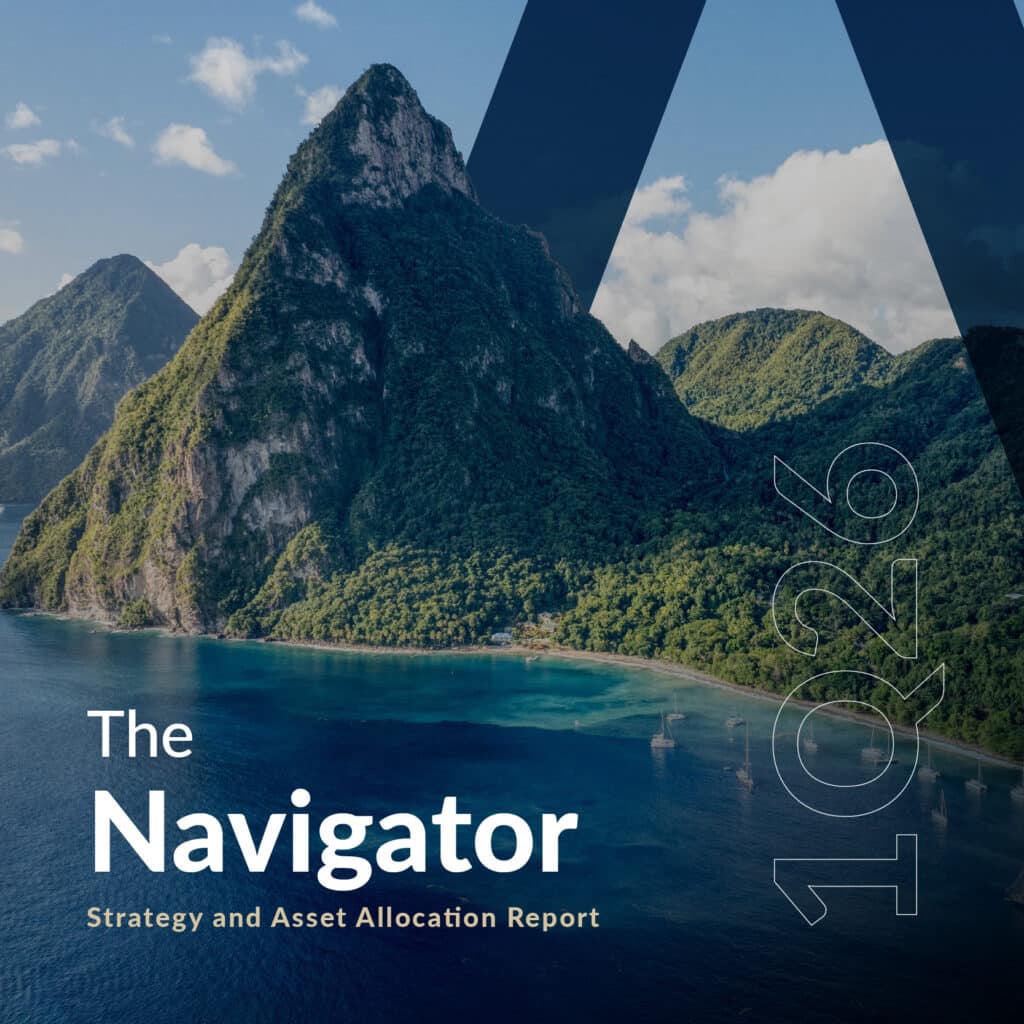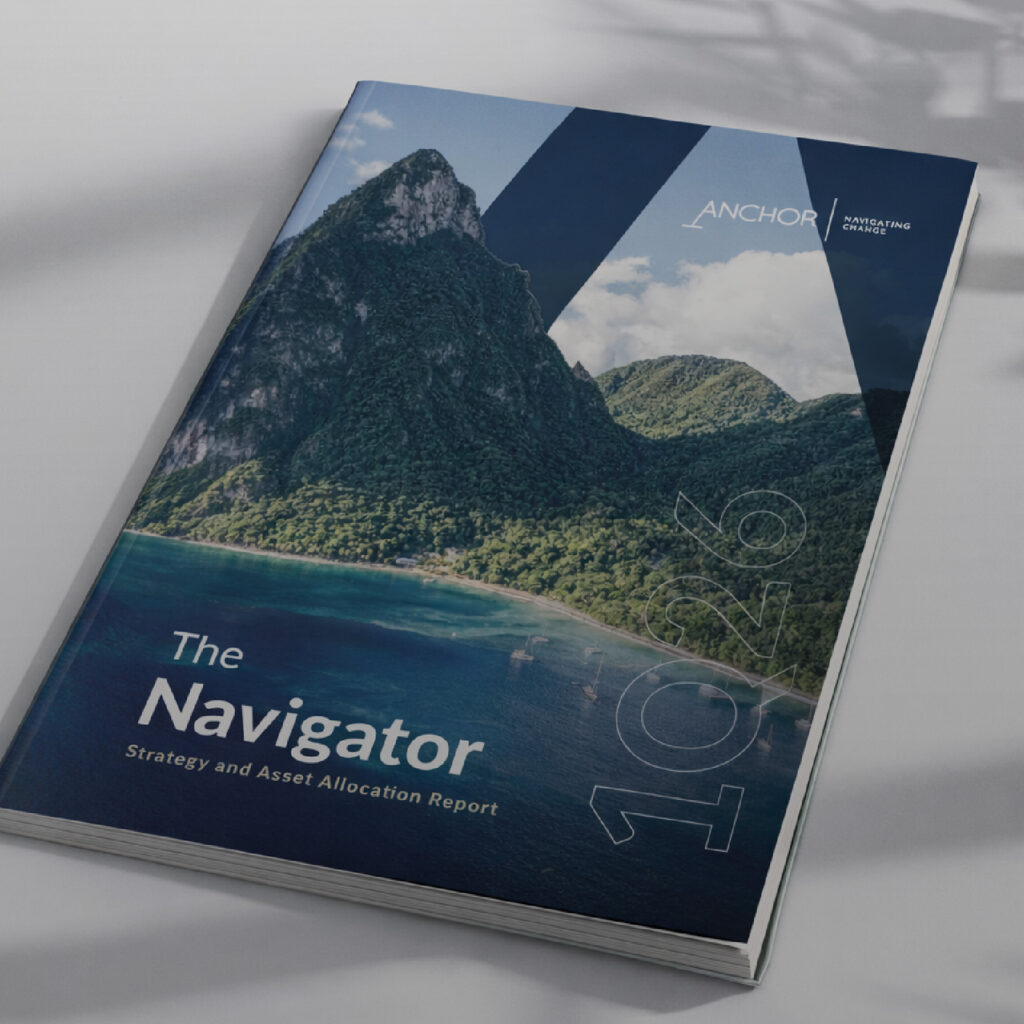On 6 March 2020, Saudi Arabia announced a massive discount in oil prices. This came after OPEC, led by Saudi Arabia, met with its allies Russia and other non-OPEC members to discuss a response to falling oil demand on the back of the growing spread of the novel coronavirus (COVID-19). Russia, a non-OPEC member, refused to agree to OPEC’s demands to cut oil production. The failure to reach agreement (to reduce oil supply and stabilise the market), resulted in Saudi Arabia responding by outlining its intentions to raise output from 9.7mn barrels per day (mmbd) to 13.0 mmbd. These proceedings, coupled with the continued impact of COVID-19, had a major impact on the oil price, with the price of Brent Crude declining by c. 10% on Friday (6 March) and a further 20% on Monday (9 March). For the week, Brent Crude is down c. 28% – according to CNBC, the biggest weekly drop since the week of 18 January 1991, when it fell 29% at the start of the first Gulf War. Sasol’s share price has collapsed in response.
In addition to pressuring Sasol’s earnings, a low oil price also places significant pressure on the company’s already strained balance sheet. Sasol has built up a large net debt balance due to the combination of weak oil and chemicals prices and heavy capital spending at its Lake Charles Chemicals Project (LCCP). It is therefore highly likely that the company is in breach of its bank covenants as things stand and it needs to urgently address its balance sheet. Potential options include a covenant lift, issuing a convertible bond, asset disposals and/or a rights issue.
We estimate that, if the company cannot get its debt covenant lifted, Sasol would need to raise between R40bn and R60bn. It is important for investors to understand that, in the event of a rights issue, investors will need to contribute additional capital to their current positions to avoid dilution. The majority of capital spending at LCCP is done and the project was last disclosed as being 99% complete. Capex spending should therefore ease going forward – it is guided to nearly halve from R56bn in FY19 to R30bn in FY21 (FY20 guidance: R38bn). The challenge is that between now and then, there is significant risk to the balance sheet given the current weakness in oil and chemical prices. For this reason, there is meaningful risk in the share. Sasol is a highly leveraged cyclical company at a time where its commodities are under pressure.
Conversely, if Sasol can successfully navigate its current funding challenge, the share offers upside to a potential average entry price (accounting for a potential rights issue). Some of our clients and funds had exposure to Sasol going into the week. Whilst remaining cognisant of the risks, we believe the risk-reward equation warrants holding on to our Sasol position at present.
Sasol is due to hold a conference call on Tuesday (17 March) to update the market.




